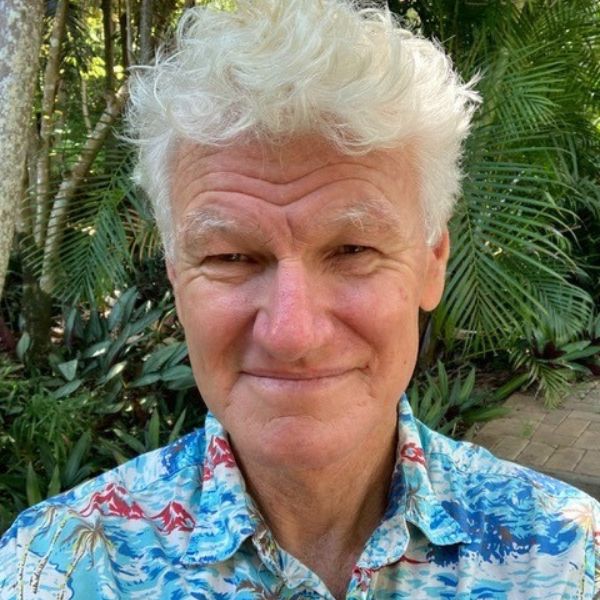What’s On
The Year of the Memoir with Alan Close
Join author Alan Close for three terms of writing classes spread over the year. During each term, the small group will meet for 4 x 2 hour workshops, with podcast lectures emailed between sessions. The aim of the course is to support writers working on a book-length memoir, from first ideas to finished manuscripts.
Workshop Details
When: 12 x Wednesdays at 6pm – 8pm:
- Term 1: Wed 8, 15, 22, 29 March 2023
- Term 2: Wed 7, 14, 21, 28 June 2023
- Term 3: Wed 6, 13, 20, 27 September 2023
Where: Hybrid format: in-person at the Byron Writers Festival office with remote attendance option available
Cost: $950 members/$1050 non-members – payment plans are available.
Group size: 10 particpants max. Please note all BWF workshops require a minimum 80% enrolment to cover costs.
Workshop Outline
Term One – Finding your story
How to turn the germ of an idea into a plan. How do you find the story you really want to tell – and then be sure that the story you want to tell is the story you really need to tell?
Term Two – Telling your story.
How to write your story. Finding structure. Using the strategies and techniques of fiction to bring life to your memoir.
Term Three – Getting your story right.
Welcome to the wonderful world of rewriting – let the real work begin!
Topics covered:
- Who are you writing for? Family and friends or a wider readership? You might simply want to tell an interesting yarn, or you might have a deep need to honour your untold truth, to heal and, for you, set the story straight.
- Reading memoir: How to inform your own project as you read other memoirs.
- The Questions: Every memoir grows from one or more questions the writer is trying to answer. Usually these evolve as the writing continues – and often they can never be truly answered, merely acknowledged and perhaps understood. Locating these questions is fundamental to understanding what you are trying to write.
- Plot map: Get a big sheet of cardboard and literally draw a map of the big events in your story. Make a plotline between these points. Explore how to connect the dots. This can be the start of finding a structure for your story.
- Setting the bookends: Where to start and where to finish. Searching for the best beginning and working out where to end. This can take several drafts to get right.
- The first draft: Getting everything out. No self-censoring. Follow the first thought. See where it goes. Stay with it. Don’t stop till there’s nothing left to say. This might take months. Or longer.
- The workbook: Your companion. What you think and feel as you do the writing. Ideas, found quotes, lost memories, things to add later.
- The Who, the Where, the What: Character, Place, What happened.
- The Limits of Memory: Reconstructing events and conversations from long, long ago.
- Action, Summary, Reflection: The building blocks of writing.
- Truth and Believability. In essence, memoir is about earning trust. Fiction is about constructing believability. But it is important to understand the strategies and techniques of fiction and use them to bring life to your memoir.
- Ethical concerns. Honesty. Authenticity. How do we write honestly about our lives without hurting those closest to us? Will I be sued? (No.) Will the sky fall in? (No.) Will my friends still talk to me? (The ones that matter, yes.)
- Taking the manuscript to the next stage. What works, what doesn’t – and why? What can I leave out, what should I leave in and what have I forgotten? Searching for the hidden gems and asking the really, really important question: Is there a better way to tell this story?
- The second draft…and the third and the fourth and the fifth…
- And a word on publishing. Writing a book is not publishing a book. Yes, that’s another mountain to climb. Where to start, what to wear and which route is best.
About Alan Close
Alan Close is a writer, editor and writing teacher and mentor, focusing on memoir. Over a long career he has published fiction, poetry, essays and creative non-fiction. He has written widely about men and relationships, including his memoir Before You Met Me: A Memoir Of One Man’s Troubled Search For Love. Alan lives in Mullumbimby with his partner, Sarah Armstrong and their teenage daughter.

